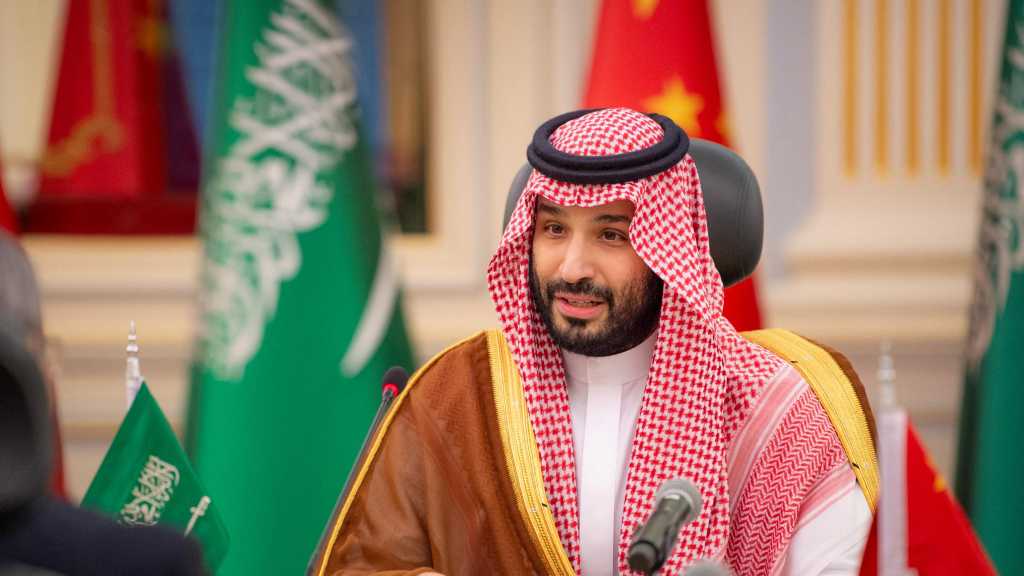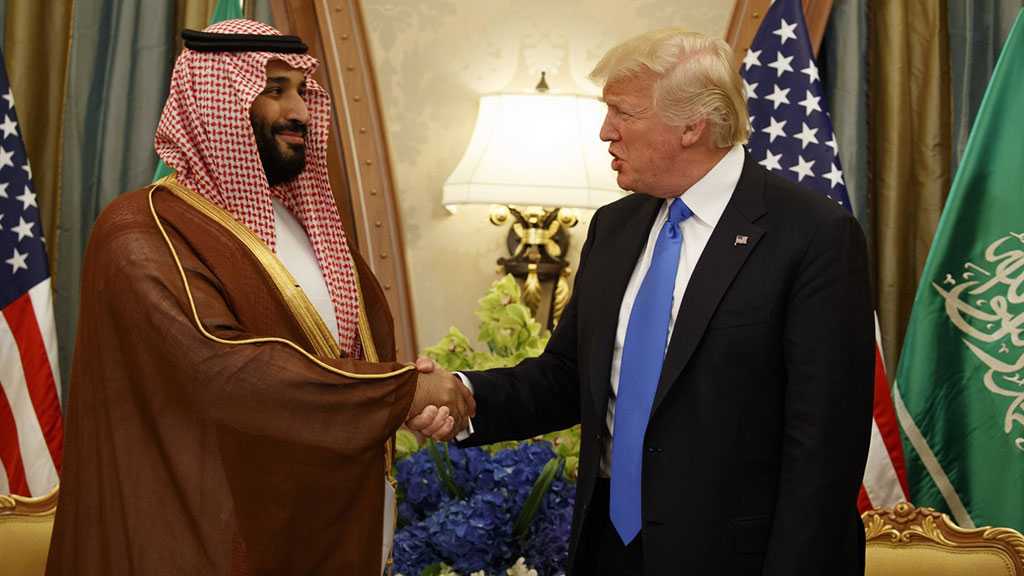Saudi Arabia Faces Cuts Dilemma Ahead of OPEC Meeting

Local Editor
Saudi Arabia enters the final day of negotiations before a crucial OPEC meeting with a stark choice: Take on the lion's share of oil-output cuts, or walk away from a deal if other producers won't help.

The Organization of the Petroleum Exporting Countries heads into a meeting of ministers on Wednesday with all eyes on Saudi Arabia. The kingdom was the architect of this attempt to bolster oil prices with a global production cut, and it now could be its undoing.
"They might prefer no deal instead of a weak deal," said Giovanni Staunovo, a commodities analyst at UBS wealth management overseeing about $1 trillion.
Oil prices were down on Tuesday as hopes for a deal seemed to fade, with Brent, the international benchmark, falling $0.30 to $47.94.
Prices have been stuck below $50 for much of 2016 and are down from 2014 highs of over $100 a barrel, inflicting economic pain on OPEC producers from Venezuela to Nigeria.
Saudi energy minister Khalid al-Falih said over the weekend that OPEC didn't need to cut production and that prices would eventually rise on the back of market forces-low prices-that are naturally forcing suppliers to cut back and keeping oil consumption high.
It was a departure from his earlier statements of support for production cut, which helped lead to an agreement in Algiers in September among OPEC's 14 members.
Falih's comments came after it emerged that Saudi Arabia's rival Iran was negotiating an exemption from production cuts agreed to in Algiers. Iran said it deserves to keep pumping to regain the market share it enjoyed before now-ended Western sanctions over its nuclear program.
According to people familiar with the matter, OPEC members have sensed a change in the Saudi position in closed-door meetings in Vienna, with a former openness to Iran receiving an exemption now hardening into a position that the country should cut output.
Saudi Arabia has had to contend with a newly emboldened Iraq and Iran, which have both increased their production and combine to produce about 8.5 million barrels a day. Iran doesn't rely on oil for as much of its budget as the Saudis do, while Iraq is now a big producer.
Source: Wall Street Journal, Edited by website team
Comments
- Related News




